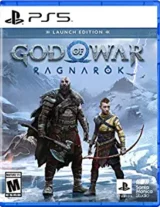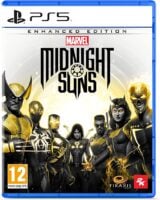Take-Two CEO doesn’t see the sense in game subscriptions
“There will be no winner takes all, and a bunch of losers”

Take-Two CEO Strauss Zelnick has questioned why video games companies would want to enter the subscription market, suggesting that current consumer behaviour isn’t suited to the business model.
The rise of streaming technology has led to a proliferation of subscription services offering film and TV content, and the games industry appears headed that way too.
Xbox Game Pass and PlayStation Now are expected to be central to Microsoft’s and Sony’s next-gen console strategies respectively, while Google is set to launch cloud gaming subscription service Stadia in November.
In terms of third-party publishers, EA has had its own subscription service since 2014, while Ubisoft will launch one later this year and Square Enix is considering entering the market too.
But according to Zelnick, we may already be approaching subscription fatigue.
“I think the average American household wants to subscribe to two to three entertainment properties at a time, of all sorts,” the executive told VentureBeat. “There will be no winner takes all, and a bunch of losers, in linear programming as well as interactive.
“Interactive programming isn’t particularly well-suited to a subscription, because you typically only play a couple of titles at a time, and you play them for a long time,” he continued. “I’m not sure what subscriptions bring. But we’ll see, because obviously some people are going to launch them, and Game Pass is already out there.”
Zelnick also commented on Apple Arcade, the upcoming game subscription service for iPhone, iPad, Mac and Apple TV, which will initially play home to 100 “new and exclusive” titles, according to the platform holder.
Apple has reportedly committed to spending some $500 million on the first wave of games for the service.
“I indicated earlier that it’s not clear subscriptions even make sense for interactive entertainment,” Zelnick said. “Ultimately a powerful offering presumably has to bring the highest quality product from an array of distributors.
“So far Apple’s approach has been wholly owned product from Apple. That’s really hard to do. That would be like launching the iTunes store with only music owned by Apple. That’s incredibly challenging.”
Zelnick’s comments echo those of Warner Bros. Interactive Entertainment president David Haddad, who recently said the way in which players consume video games is different to how they watch films and TV shows, with many only interested in buying several titles each year.









